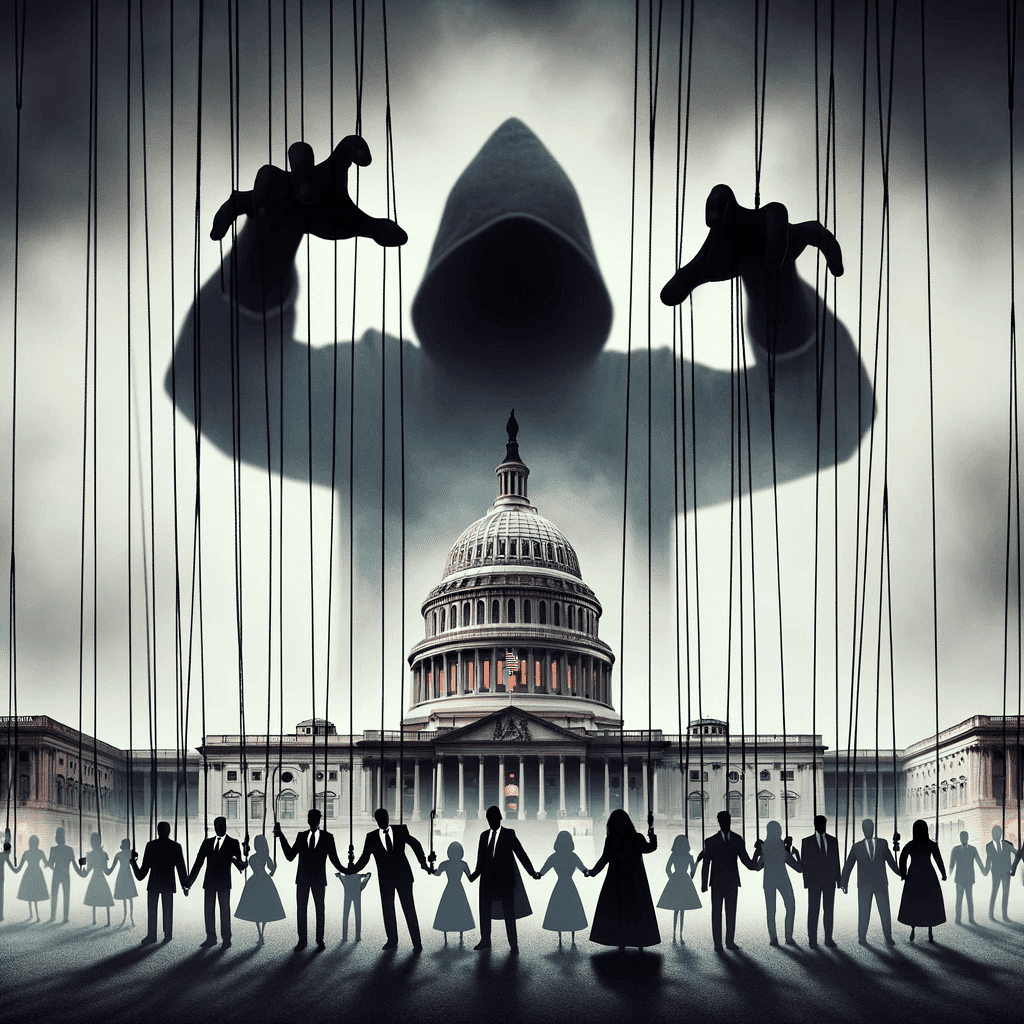
Understanding the Deep State: Key Insights
The deep state is a complicated concept, representing hidden and often unsanctioned power structures outside official political channels. This idea resembles a “state within a state,” which suggests a distinct, autonomous entity operating within a country’s borders.
While some may associate it with a bureaucracy resistant to administrative changes, elected officials can become entangled in the deep state, often driven by personal gains. The term itself frequently carries a negative undertone in public discourse. These entities typically have self-driven agendas, with objectives ranging from manipulating the official state to pursuing specific ideologies.
Various sources can give rise to these deep state entities, including rebel units within state apparatuses, intelligence agencies, police departments, secret police units, government bureaucracy, and even dishonest elected officials. These entities are motivated by numerous factors, from preserving state consistency to acquiring more power and influence.
Deep State and Marketing Dynamics:
How the “deep state” and marketing work together shows some exciting connections. Might have to deal with the deep state’s power when trying to market something.
The influence of the deep state on marketing is multifaceted and requires smart navigation. Often, these entities dictate terms like a ‘My Way or Highway’ philosophy. Imagine a scenario where a marketer aims to promote a product that, unknowingly to the public, cooperates with the interests of the deep state. That might mean accepting offers (Cash, Kind, or indecent) set by these power structures, sometimes even against societal norms or personal ideologies. In such a situation, the marketer may face unexpected hurdles, mysterious delays in securing advertising slots, obtaining necessary permits, or even subtle negative press.
Conversely, a product that aligns with the deep state’s interests might find its journey to market surprisingly smooth. Advertising opportunities become readily available, and the brand may receive favorable media coverage, not due to its merits but because of its alignment with hidden agendas.
The deep state’s influence might also manifest in more indirect ways. One can see the impact of the deep state across many countries, with each nation affected by termites of the deep state to varying degrees. It is possible to influence market trends. To achieve success, marketers must understand hidden power structures.
For marketers, understanding this landscape means more than just knowing your audience. It means recognizing that there might be hidden players on the board, influencing the game’s outcome. Success hinges on reading between the lines, anticipating unforeseen challenges, and adapting strategies accordingly.
Navigating this terrain requires a blend of intuition, flexibility, and strategic thinking. While the rewards can be significant for those who master it, the pitfalls are many, and the line between success and compromise can be razor-thin.
The presence of a deep state can significantly inhibit a nation’s or organization’s growth. Vigilant and patriotic citizens often raise their voices against such concealed power structures, hoping for top political leaders who can address and possibly eradicate this challenge. While eliminating the deep state might be an ambitious goal, with dedication and time, it is achievable.
Combatting the deep state requires a comprehensive strategy:
- Transparency and Accountability: There’s a need for robust legislation that ensures transparent governmental decisions. Whistleblowers who shed light on unauthorized activities must be protected. Also, making non-sensitive government data accessible to the public can enhance transparency.
- Strengthening Democratic Foundations: A balanced system where the judiciary, legislative, and executive branches operate independently is crucial. Additionally, regular audits can keep governmental agencies in check.
- Educational Initiatives: Awareness campaigns can elucidate the roles of different governmental agencies. Integrating governance and civic rights lessons into school curricula can also be beneficial.
- Media Freedom: A free press, unburdened by external pressures, is essential. Supporting investigative journalism can further expose corrupt practices.
- Internal Reforms: Clear protocols within government agencies and regular training emphasizing ethics and transparency are vital.
- Engaging the Public: Actively seeking public feedback and decentralizing power can prevent its undue concentration.
- Legal Reforms: An independent judiciary and specialized courts for corruption cases can expedite justice.
- Technological Innovations: E-governance can make government processes transparent. Digital platforms enabling citizens to report issues can also be beneficial.
- Cultural and Ethical Emphasis: Cultivating a culture of integrity and rewarding transparent governance can set positive precedents.
Ultimately, individuals can challenge the deep state or benefit from its existence. The outcome, be it success or failure, largely depends on one’s resolve and the power dynamics at play.